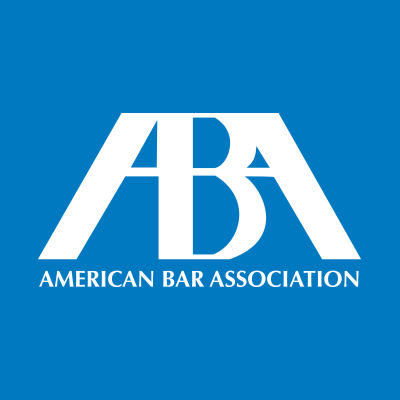ABA opposes legislation requiring lawyers to frequently report small-business ownership data

The ABA has taken a stand opposing an anti-terrorism bill under congressional consideration, saying it would impose unreasonable regulations on lawyers and their small-business clients while actually weakening efforts to fight financial crimes.
ABA President Hilarie Bass sent a letter (PDF) Monday to the leaders of the House Financial Services Committee opposing Section 9 of the Counter Terrorism and Illicit Finance Act, which will be considered by subcommittees of the House Financial Services Committee on Wednesday.
That section, Bass said, would impose detailed reporting requirements on certain small businesses and their attorneys; permit the government to disclose small-business owners’ personal information to banks and government agencies; and impose harsh penalties for failure to update it within 60 days of any change, with no exception when actual knowledge comes later.
“The new federal regulatory regime created by Section 9 of the draft bill, combined with the broad and confusing definition of beneficial owner, would be costly; impose onerous burdens on legitimate businesses and their lawyers and subject them to harsh criminal and civil penalties for essentially paperwork violations; and sow confusion into the company formation process,” the letter says.
Section 9 of the bill requires small corporations and limited liability companies to disclose substantial information about what the bill calls their “beneficial owners” to the Treasury Department’s Financial Crimes Enforcement Network, and requires FinCEN to disclose that information to federal and foreign government agencies and financial institutions on request. Failure to update information within 60 days of any change carries prison time and stiff fines, Bass says, regardless of whether the person responsible for updating had actual knowledge of the change. The information would be stored in a database that Bass said could be hacked.
Lawyers are drawn into this, the letter says, because the definition of an “applicant to form a corporation or LLC” could easily be read to include an attorney who helped form the business. The letter also takes issue with the definition of “beneficial owner” under the bill, which it says is so broadly defined that it might cover people whose information is not under the company’s control, making compliance difficult or impossible.
Furthermore, the ABA argued, those reporting requirements replace a rule issued by FinCEN in May of 2016 that imposed beneficial ownership reporting requirements on banks issuing new accounts to small businesses, rather than the businesses themselves. That rule imposed a clearer definition of “beneficial owner,” the letter says. The new law would suspend the May 2016 rule until FinCEN writes new regulations implementing the shift from bank reporting to small business reporting, Bass writes—thereby actually weakening FinCEN’s ability to fight financial crime.
Finally, the letter says, the new rule is unnecessary because business ownership information is already collected by other federal entities, including the IRS.
Bass asked that her letter be included in the record for Wednesday’s hearing, which will be held jointly by the Financial Services Committee’s subcommittees on Financial Institutions & Consumer Credit and Terrorism & Illicit Finance.



